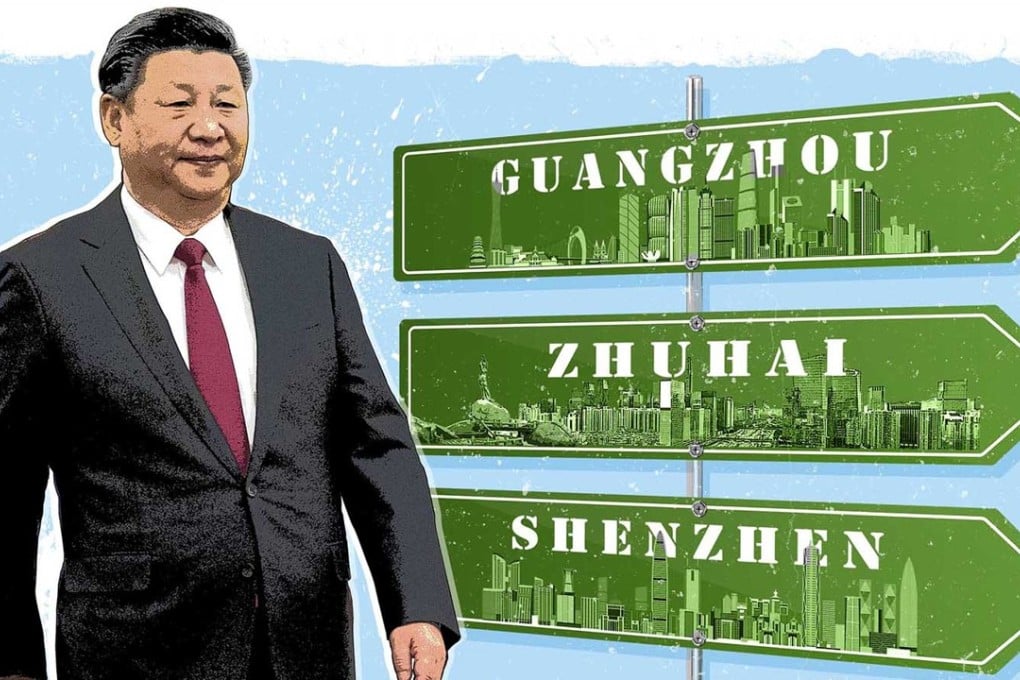Chinese President Xi Jinping set to visit Guangdong to boost confidence in economic model
- Leader will head to southern manufacturing base in the coming days, sources say
- He may also attend the official opening ceremony of the new Hong Kong-Zhuhai-Macau bridge

Chinese President Xi Jinping will soon embark on what he hopes will be a confidence-boosting tour of Guangdong province, according to sources familiar with the matter, as the manufacturing and export base begins to feel the impact of the country’s trade war with the US.
While the leader’s itinerary is a closely guarded secret, the South China Morning Post reported on Wednesday that he might attend the official opening ceremony for the new Hong Kong-Zhuhai-Macau bridge, which is set to take place on Tuesday.
The bridge is key to country’s connectivity plans for the Greater Bay Area, its tech-led economic zone that has aspirations to rival California’s Silicon Valley.
Guangdong is where China’s economic liberalisation began 40 years ago, and while there, Xi might inspect some hi-tech firms, visit factories and talk to local people and officials in the cities of Guangzhou, Shenzhen and Zhuhai, the sources said.
One of them said he may visit Sun Yat-sen University, which was founded in 1924 and whose library houses a display of Karl Marx transcripts and early publications.
Coming as it does on the 40th anniversary of China’s “reform and opening up”, a dramatic policy shift that allowed China to transform itself from a closed communist backwater into an economic powerhouse, Xi’s visit is symbolic.
It also comes as doubts are growing over Beijing’s commitment to becoming a more market-oriented economy.